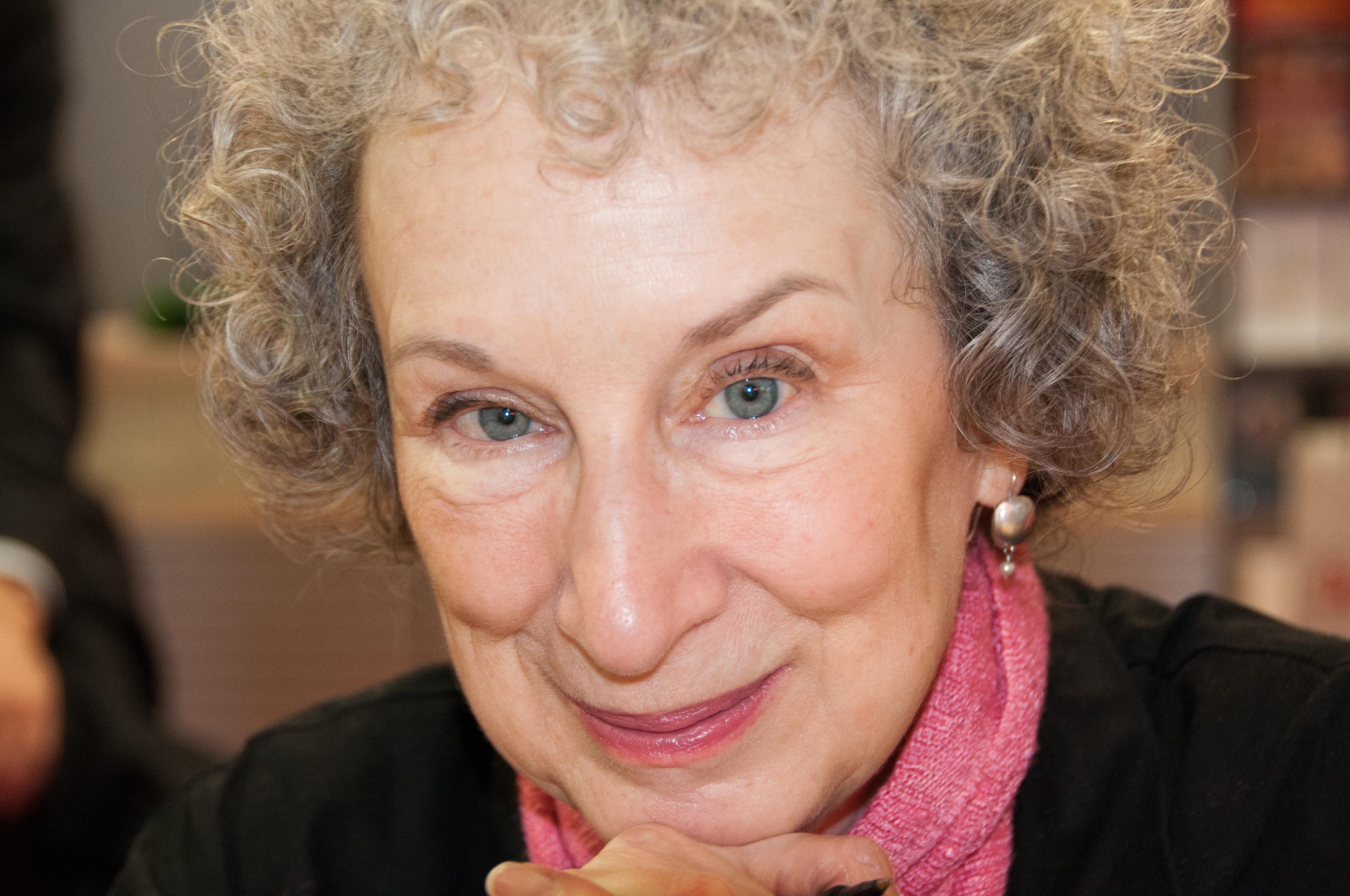The Counter-Terrorism and Border Security Bill would restrict freedom of expression and press freedom, threaten the protection of journalistic sources, and undermine academic research in Britain. It would limit the right to access information online and it would sneak in a new, harsh border regime for Northern Ireland.
The Bill has been slipping through Parliament with little attention. The House of Lords will consider it next on 29 October.
The Bill would criminalise expressing an opinion that is ‘supportive’ of a proscribed (terrorist) organisation if the person does so in a way that is ‘reckless’ as to whether it encourages someone else to support a proscribed organisation. The vaguely defined offence comes far too close to making opinion a crime. It would shut down democratic debate: who would dare to argue in favour of removing an organisation from the proscribed list if you risk 10 years in prison? (Clause 1)
The Bill would make it a crime to view online content that is likely to be useful for terrorism, even if you have no terrorist intent. The crime would carry a prison sentence of up to 15 years. It would make the work of investigative journalists and academic researchers difficult or impossible. (Clause 3)
The Bill would bring in a vaguely defined crime of “hostile activity” accompanied by wide-ranging new powers to stop, search and detain. A journalist taking a domestic flight could be stopped without any suspicion of wrong-doing. It would be an offence for the journalist not to answer questions or hand over materials, with no protection for confidential sources. Special rules would apply in the border area in Northern Ireland, meaning that anyone could be stopped, whether the person was planning to cross the border or not. (Section 3)
Joy Hyvarinen, Head of Advocacy at Index on Censorship, said “The Counter-Terrorism and Border Security Bill would change the law on freedom of expression in Britain, restrict press freedom, damage academic research and endanger fundamental rights. The Bill is fatally flawed and we urge the House of Lords to ensure that the government rethinks the Bill”.
Rebecca Vincent, UK Bureau Director for Reporters Without Borders (RSF), said “This bill has extremely worrying implications for press freedom and the protection of journalistic sources. We have underscored our concerns over a number of specific clauses that should be struck, or at a very minimum, amended to include clear exemptions for journalistic activities. We call on Lords to carefully scrutinise this problematic bill and amend it to ensure that it does not contribute to further deterioration of UK press freedom”.
Daniel Holder, Deputy Director of the Belfast-based human rights NGO, CAJ, said “The existing port and border controls powers contained within the Terrorism Act 2000 have been used in Northern Ireland almost 16,000 times in the last four years without one single resultant detention for a Terrorism Act offence. Instead of this bill introducing yet another power that can be used post-Brexit for de facto passport control on the land border, we need extra safeguards over the existing powers. We are particularly concerned that further checks risk increasing racial profiling on the land border and at ports.”
Gracie Bradley, Policy and Campaigns Manager at Liberty, said “By criminalising activities like overseas travel and browsing the web, this Bill risks chilling free speech and curbing journalistic and academic inquiry. The Lords should reject it and the ill-judged expansion of power that it represents. It will not make us more safe, but it will make us less free.”
Thomas Hughes, Executive Director of ARTICLE 19, said “The proposed Bill would introduce extremely broad offences that have the potential to chill free speech and impede the right to seek information for people in the UK. Moreover, the Government has not convincingly shown any need for introducing these new offences or harsher penalties to the existing, expansive legal framework governing terrorist offences and counter-terrorism measures, which itself has already proven prone to abuse.”
Jim Killock, Executive Director of Open Rights Group, said ““One click” criminalisation of viewing streamed content is not the answer to online radicalisation. It may be unclear to journalists or academics that they have a “reasonable excuse” to view such content, and keep them from investigating serious issues.”
Index on Censorship
Reporters Without Borders (RSF)
Committee on the Administration of Justice (CAJ)
Liberty
ARTICLE 19
National Union of Students (NUS)
Big Brother Watch
Rights Watch (UK)
Open Rights Group






